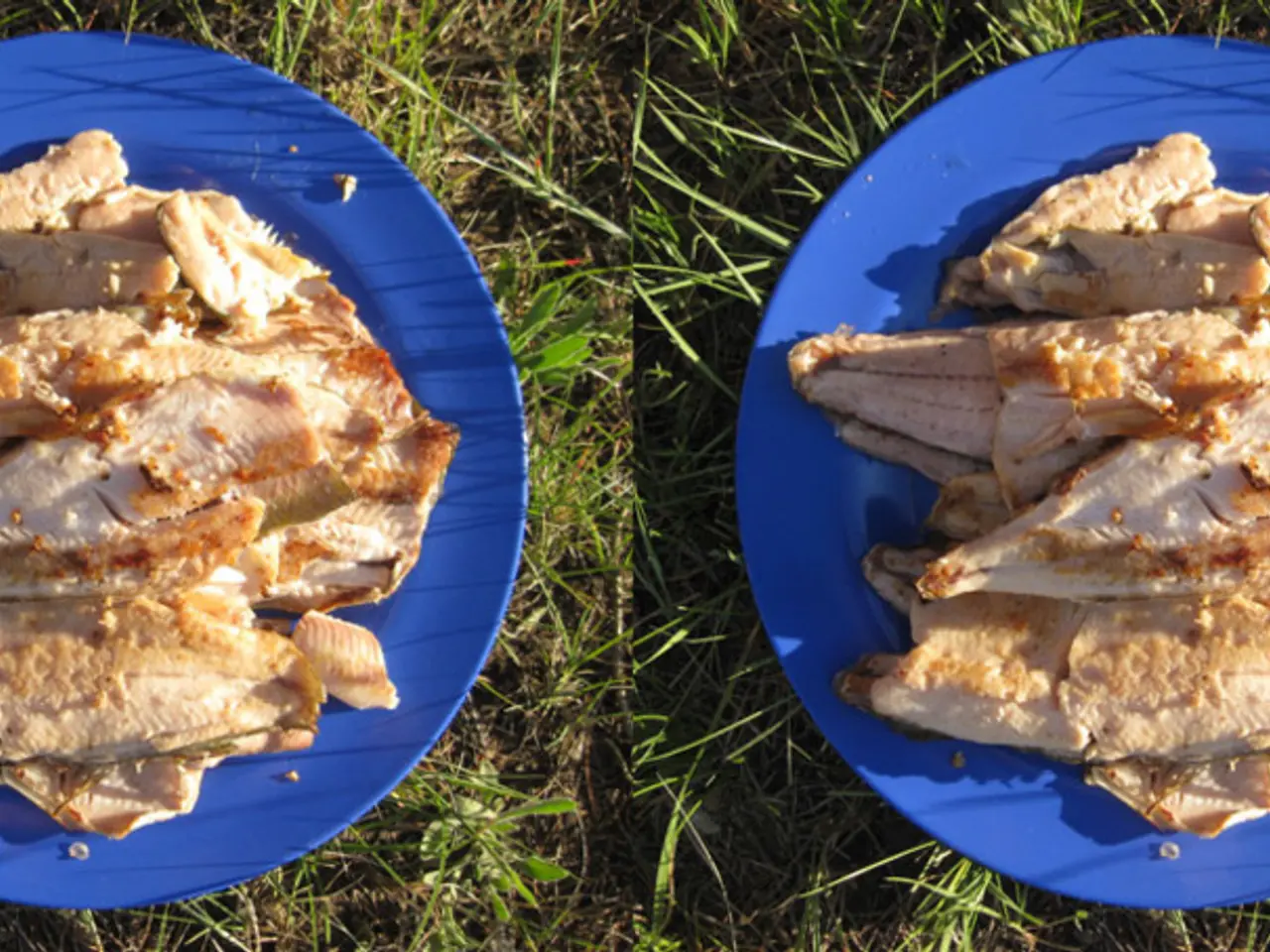Meat Alternatives: Consumers Prefer Plant-Based, Cultured Proteins
A recent study has explored the realm of meat alternatives, examining various plant-based, algae-derived, and cultivated protein sources to determine consumers' favourite ingredients. The research revealed a range of preferences influenced by factors such as familiarity, regional culinary traditions, and even age.
Cultivated beef, also known as cell-based or lab-grown meat, proved popular among German consumers, but it was not the case for insect and algae protein, which received low taste ratings. The study emphasized the significant role the protein source plays in consumer acceptance of meat alternatives. Familiarity and regional culinary traditions also emerged as key influencers of consumer preferences. For instance, potatoes and peas were considered the healthiest and most eco-friendly protein foods, but cultivated beef was among the least favoured.
Country-specific differences were evident. Potatoes were deemed the tastiest source in both Germany and Italy, while eggs topped the charts in Serbia and Finland. Food tech neophobia, or fear of new technology, affected tofu more than vegan meat, with lower neophobia levels leading to increased consumption of traditional protein sources. Rice and pea protein also received high scores, but preferences varied across countries for other protein sources. Young Europeans were more likely to consume both traditional plant proteins and modern meat alternatives.
The study's findings suggest that strategic selection and labelling of accepted protein sources can enhance the appeal of meat alternatives and facilitate wider acceptance. The most preferred alternative protein sources, according to consumer judgment, focus mainly on plant-based proteins such as legumes, quinoa, tofu, algae, insect proteins, mushroom-based proteins, and cultivated meat. These insights can guide the development of meatless products tailored to regional preferences, as seen in innovations showcased at events like Anuga 2025, including hybrid fish and mushroom proteins.






